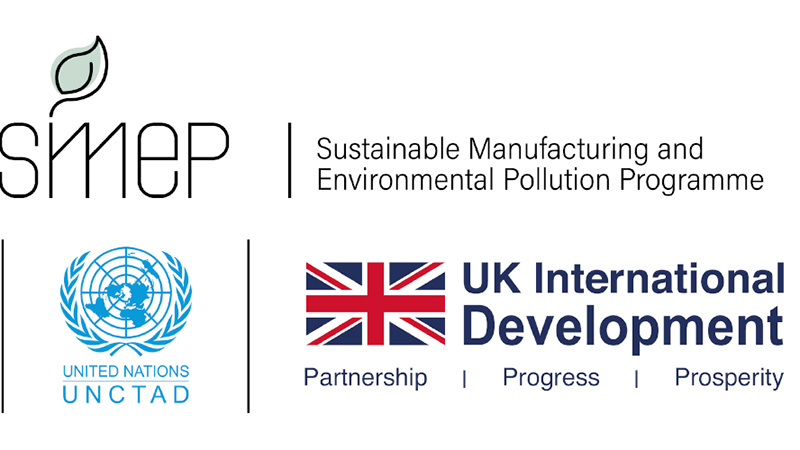A circular economy entails markets that give incentives to reusing products, rather than scrapping them and then extracting new resources.
In such an economy, all forms of waste, such as clothes, scrap metal and obsolete electronics, are returned to the economy or used more efficiently.
This can provide a way to not only protect the environment, but use natural resources more wisely, develop new sectors, create jobs and develop new capabilities.
The goods of today are the resources of tomorrow at yesterday's resource prices.
UNCTAD’s work on the circular economy started in 2015 with a collaboration with the Ellen MacArthur Foundation on resource-circularity potentials in large economies like India and China.
Circularity is already part of many lines of work within UNCTAD, such as activities on tackling fossil fuel and fisheries subsidies. Resource circularity cannot be promoted in international value chains just by promoting and enacting national rules.
While companies have made strides in improving their social and environmental footprints, privatizing public policy through voluntary sustainability standards and Corporate Social Responsibility (CSR) falls short from this task.
In a world where most trade happens in parts and components in highly globalized value chains, promoting global resource circularity goes through international rules and cooperation, as well as individuals and consumers empowered with education.
UNCTAD works on the circular economy by encouraging discussions and activities seeking to bring value out of waste streams, by encouraging discussions around collaborative economy sectors, by the examination of innovate business models and encouragement of consumer awareness and behavioural shifts.
In partnership with other international organizations, UNCTAD’s work on the circular economy at the national and multilateral level brings this important theme to the service of the international community.
UNCTAD’s work on the circular economy contributes to the research and analysis published by The United Nations Economist Network.
News
Publications
Podcast
That’s rubbish: How our waste is choking the planet and how we can clean it up
Events & meetings

9 – 18 December 2025
E-training course: Emerging issues at the interplay between trade and sustainable development
4 August 2025
INC-5.2 Pre-event: Trade at the core of the treaty - data, investment, services and consumer information
12 May 2025
Embedding the bioeconomy into national circular economy plans
16 April 2025
Webinar – Understanding traceability and due diligence in the leather supply chain: Perspectives from Pakistan and Bangladesh
10 – 14 March 2025










